In early June I boarded a Delta flight out of Hartsfield-Jackson and bound for Ukraine on a humanitarian mission. What I encountered shook me to my core and quickly became a major cause in my life.
Recruited through local members of the Tucker Summit CID who specialize in disaster relief and inspired by the tenacious resolve of the Ukrainian civilians struggling for - not just their freedom - but for survival itself, I felt compelled to do more than write a check. I desired to do something of consequence, significance - something with a real impact.
After landing in the Romanian capital of Bucharest, I crossed the border into Ukraine. Odd among the mass exodus seeking refuge was the absence of men. ‘Where are the men?’ I asked my guides, both of whom were women. “They cannot leave,” they began to explain, “the men must fight. They have all said goodbye.” A solemn hush came over us all. And as we inched silently past the queues of dispossessed towards the frontlines, in that moment all of Ukraine seemed widowed.
I first visited Ukraine in 1998 and found the people to be a freedom-loving people. I fell in love with their art, culture, the landscape, and the inescapable energy of a nation still celebrating its independence from Soviet Russia. It was a time of peace, prosperity, and there was a universal renewed optimism for the days that lay ahead. Today, some of those once vibrant and thriving communities have been reduced to rubble, broken by the endless, indiscriminate shelling of the Russian army.
The concept of traveling to Ukraine was first broached by Chris Brand, president of Friends of Disabled Adults and Children (FODAC), a nonprofit in Tucker that is doing some truly remarkable work in providing refurbished medical equipment or supplies to create a better quality of life for adults and children with disabilities. FODAC had been working in earnest to ship medical equipment that is not available in Ukraine or Europe to Ukraine through an international network of Rotary International members, an organization of which I, too, am a member. While discussing some of the challenges to their effort’s supply chain logistics to aid Ukraine, I volunteered to accompany a shipment and ensure its delivery to those most in need.
Dr. Olha Paliychuk is a gynecologist and Cherkasy Regional Oncologist in Ukraine. An absolutely exhaustive physician, that I have dubbed “Florence Nightingale” due to her absolutely herculean effort. Over the 150-plus days since the first missiles and airstrikes hit Ukraine in the early morning of February 24, Dr. Olha has yet to take a day – often it seems hardly even an hour – to rest. It was Olha who had been coordinating with FODAC for the specific scarce medical equipment needed by the brave men and women who stayed behind to continue to provide lifesaving medical treatment, and it was Dr. Olha who I was to rendezvous with in Cherkasy and to coordinate the delivery of some of this.
She’s unassuming, Dr. Olha is, but what she lacks in stature she more than makes up in character. It’s astonishing how someone who has seen so much tragedy can remain so positive and full of light, but Olha makes it look effortless. We toured her hospital with its windows fortified by sandbags to withstand any incoming shrapnel from nearby attacks. She explained how their work is constantly disturbed by explosions from bombs and rockets – how they treat their patients in an atmosphere of fear. When tending to injured civilians and soldiers or women and children, they’re in a constant race to locate even the most basic of equipment and supplies like monitors, operating tables, lamps, incubators, and drills.
Surgical drills. Now if you’re like me, you probably haven’t given much thought to the types of surgical drills our local hospitals have on hand. How fortunate for us. However, in Ukraine sophisticated surgical equipment like drills are in short supply. In fact, at this very minute there is a surgeon near the frontlines operating with commercial power tools more akin to those found in the aisles of a Home Depot rather than in an operating room. How do I know this? I saw it myself when I hand delivered a set of $12,000 top-of-the-line Stryker drill sets. The physician had tears in his eyes when I showed him what I brought, and I must confess that I came very close to the same. Against the backdrop of leveled neighborhoods where the silence of devastation is only broken by the never-ending metronome of air-raid sirens, in this small regional hospital located a hundred miles from Kyiv our community’s generosity wasn’t just filling empty supply closets, it was filling people with hope.
As I wrapped my three-week mission, I received and distributed the payload of supplies from Tucker. The thrill of watching that tractor trailer arriving in Ukraine from halfway across the world is not one that I will soon forget. And as we finished unloading the haul, I promised Olha that I would be back. I swore to her that back home in Atlanta, the city “too busy to hate,” would not forget the people or Ukraine long after the cannonade ceases. I looked her in the eye and vowed that no matter what the obstacle that lay on the path before us, my commitment to Ukraine had just begun. She smiled and replied, “As we say in Ukraine, ‘to see a friend, no road is too long.’” She’s right.






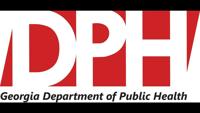

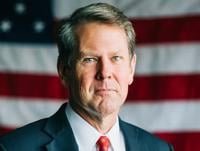
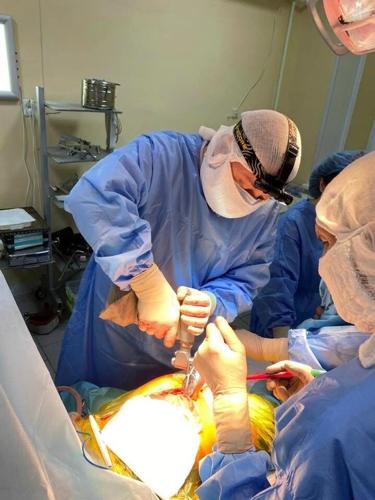
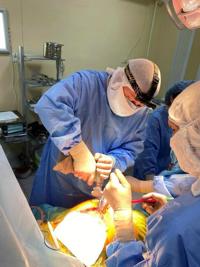
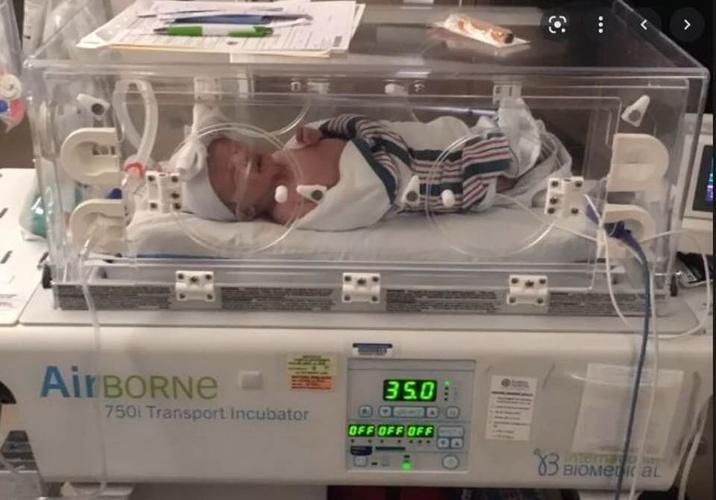
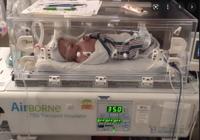

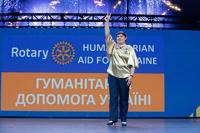

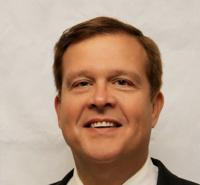

(0) comments
Welcome to the discussion.
Log In
Keep it Clean. Please avoid obscene, vulgar, lewd, racist or sexually-oriented language.
PLEASE TURN OFF YOUR CAPS LOCK.
Don't Threaten. Threats of harming another person will not be tolerated.
Be Truthful. Don't knowingly lie about anyone or anything.
Be Nice. No racism, sexism or any sort of -ism that is degrading to another person.
Be Proactive. Use the 'Report' link on each comment to let us know of abusive posts.
Share with Us. We'd love to hear eyewitness accounts, the history behind an article.